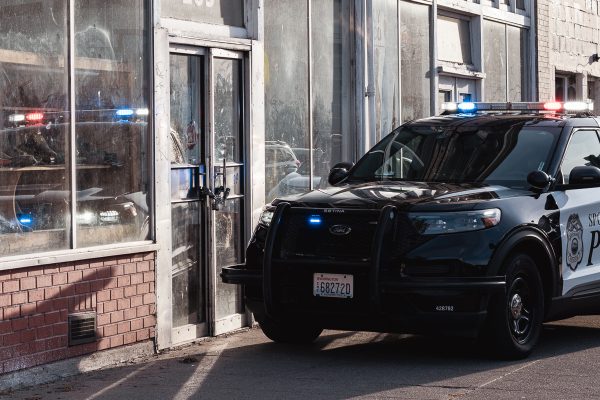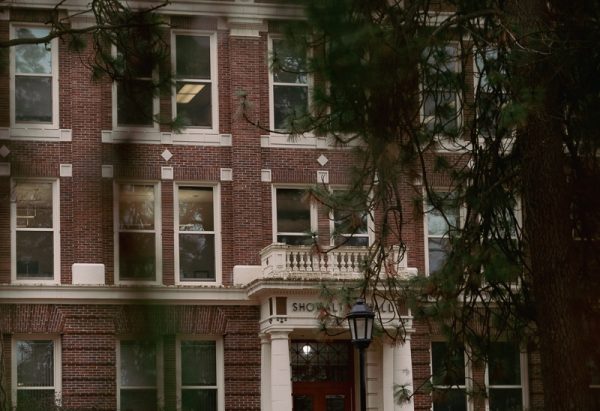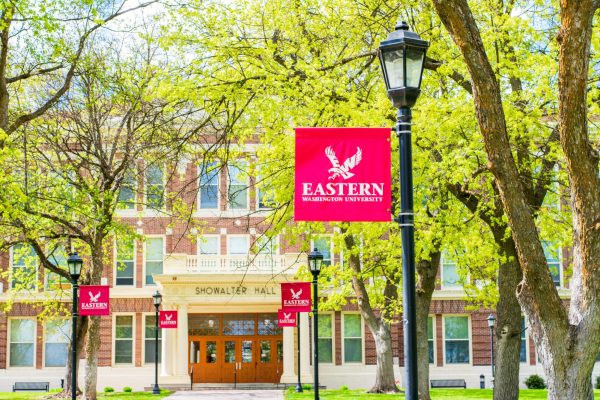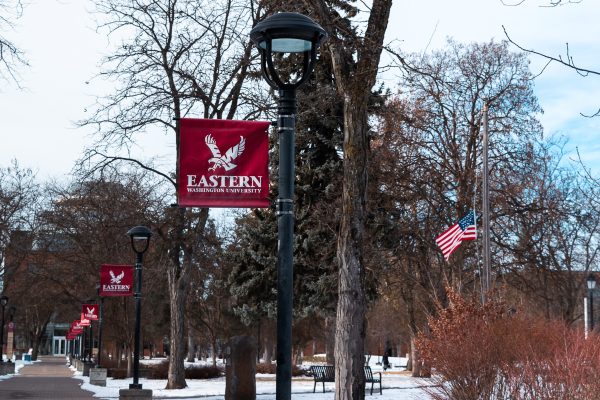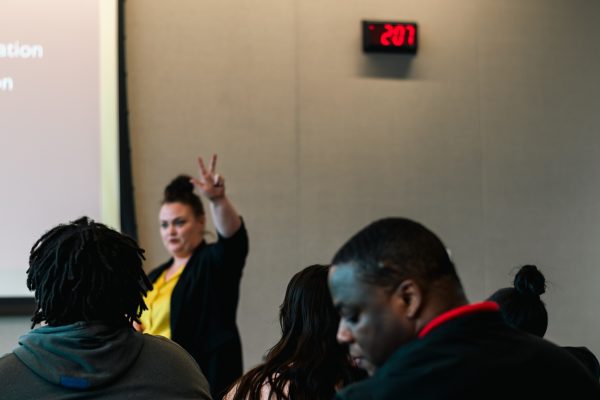Veterans transition from military to civilian life
Skills learned in military benefit the workplace
March 6, 2013
The Veteran’s Resource Center at EWU collaborated with Washington Trust Bank in Spokane to hold a “Hire a Veteran” lunch Feb. 26 to inform local business managers and human resource representatives about the advantages of hiring veterans.
Washington state is home to nearly 600,000 veterans, 600 of whom are students pursuing their education at Eastern.
Dave Millet, the director of EWU’s Veteran Resource Center, has 25 years of experience in the Army.
Millet, along with a panel of EWU student veterans, shared how their experiences in the military have prepared them for professions in the civilian world.
“We don’t do résumés. We don’t do job interviews. We don’t do Skype interviews in the military,” Millet said.
“You get orders to go to your next duty assignment, you salute your next boss and you start working,” he said. “That’s something that we, as we get out and are looking for employment, struggle with because it’s something we’re not used to as we transition out of the military and into another profession.”
Veterans discussed how aspects of military life can easily carry over into the workplace.
“I notice with myself, not only have I adopted my military values, but the values of the corporations and companies I work with,” said Polo Hernandez, who has been in the National Guard for five years. “I take that to heart. Courage or integrity … aren’t just words on a paper. That’s something that we live.”
The veterans emphasized how serving in the military taught them lessons and skills like time management, teamwork, accountability, compliance to authority and how to take initiative to increase productivity.
For Joel Adams, who has spent time in the Army and National Guard, getting people to understand the military as a profession is important.
“You don’t just put on a uniform and start shooting people. That’s not what we do. There’s a lot more to it,” he said.
“It’s the only profession I’ve been in where in the training environment … you’re being trained to take your boss’s job,” Adams explained. “That’s the explicit goal every time. I think that’s an intentional thing that I haven’t experienced in other jobs.”
Derek Tyree, an Air Force veteran who currently works at Washington Trust Bank, helped organize the event. The bank has recently implemented a military preference policy that makes it easier for applicants to identify themselves as veterans in their e-recruiting system.
“We’ve also talked about designating certain jobs as veteran preference positions,” Tyree said. “We will work on integrating the veteran’s preference piece into all hiring classes and all of our training recruitment classes. We’re taking baby steps.”
Millet said it is important for employers to forget preconceived notions about service members when they re-enter the civilian workforce.
“I just ask you to be open when you see or talk or interview a veteran. They do bring the leadership qualities, the teamwork qualities, integrity, all those things,” Millet said.
“Next time a veteran’s résumé crosses your desk or you’re interviewing a veteran, maybe spend a few more minutes listening to him or her, and maybe give him or her an opportunity they may not [otherwise] get.”



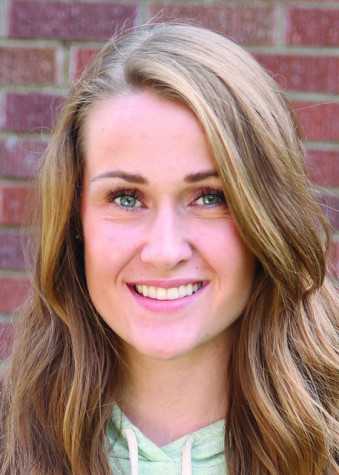


![Simmons said the biggest reasons for her success this year were “God, hard work, and trusting [her] coach and what she has planned.”](https://theeasterner.org/wp-content/uploads/2024/05/image1-1-1200x800.jpg)



